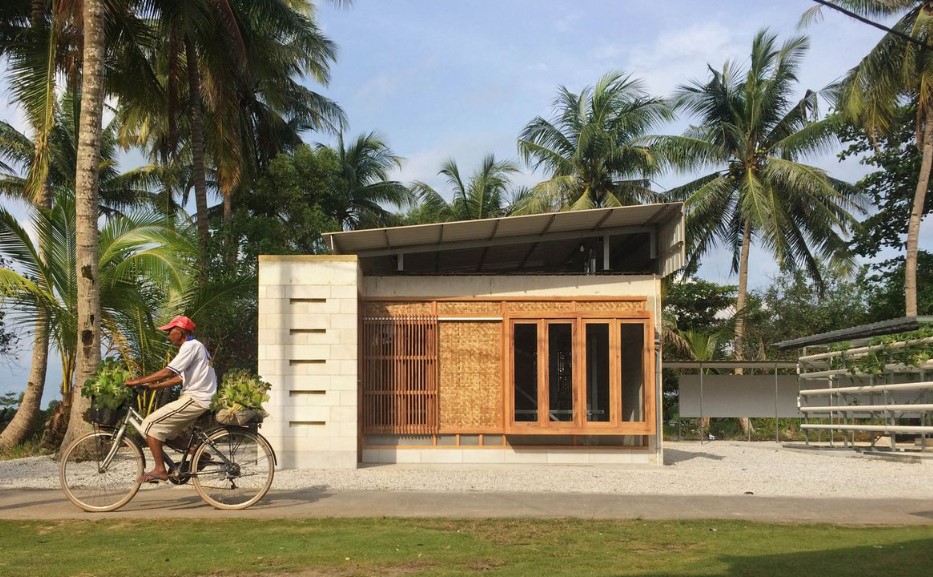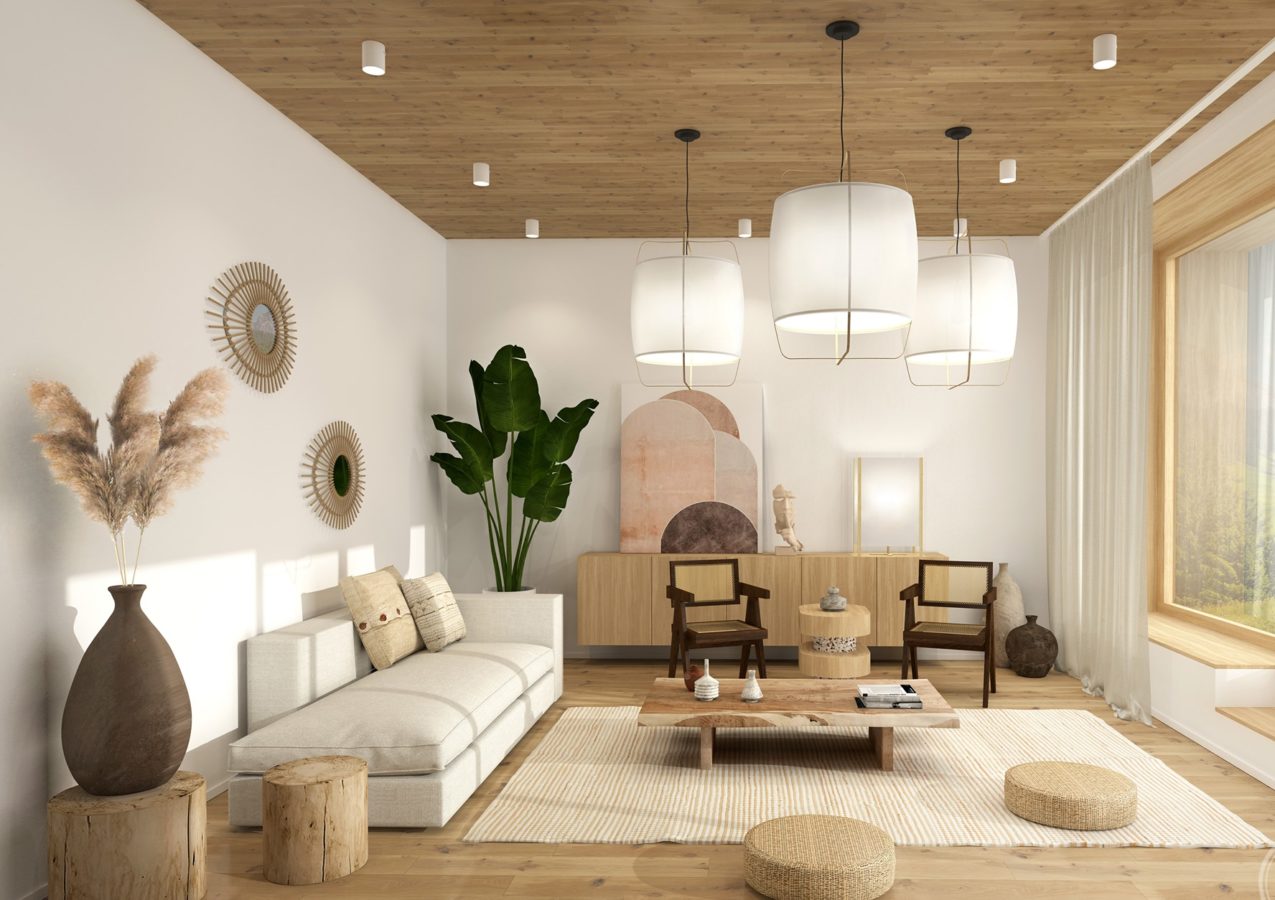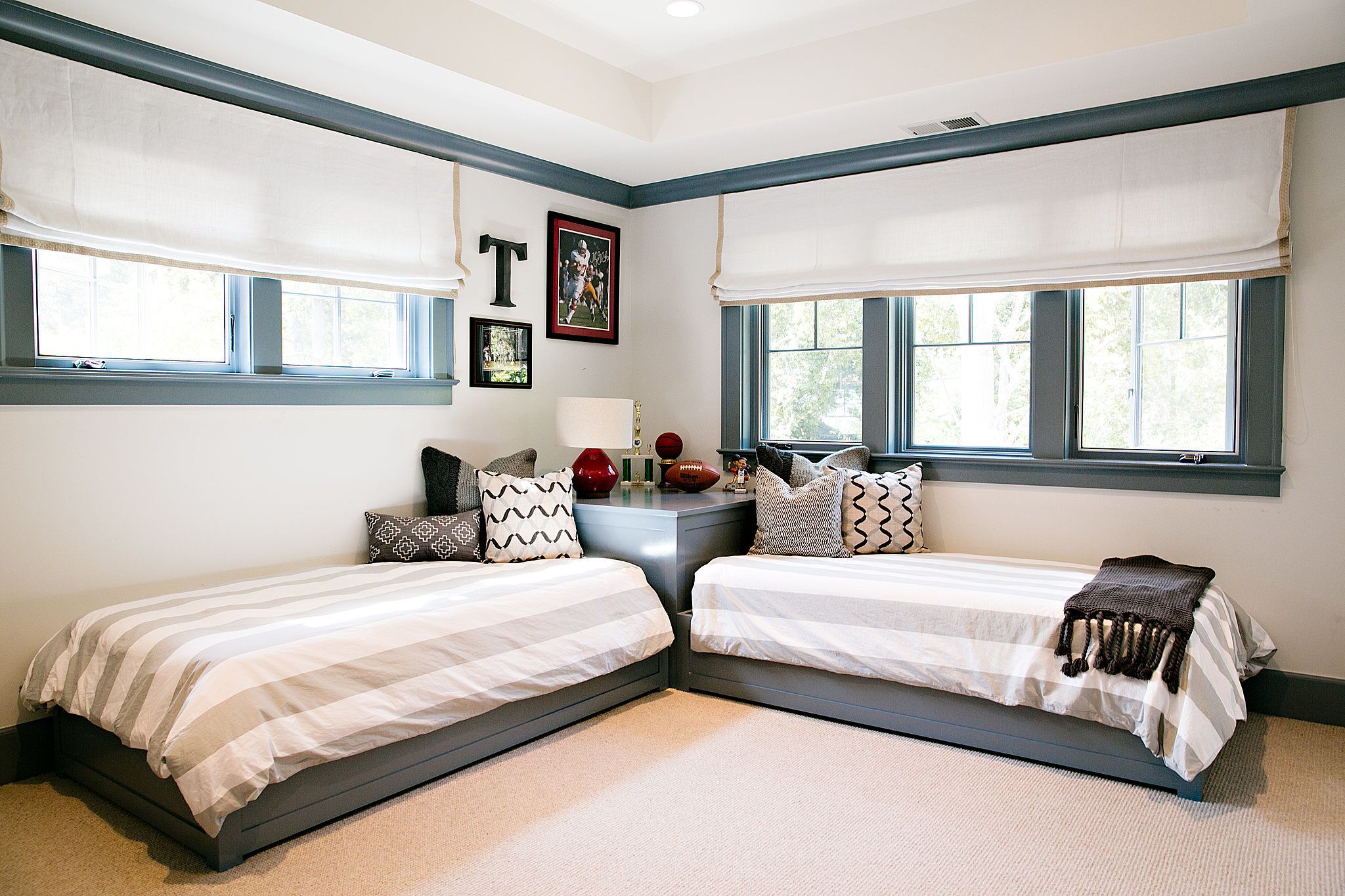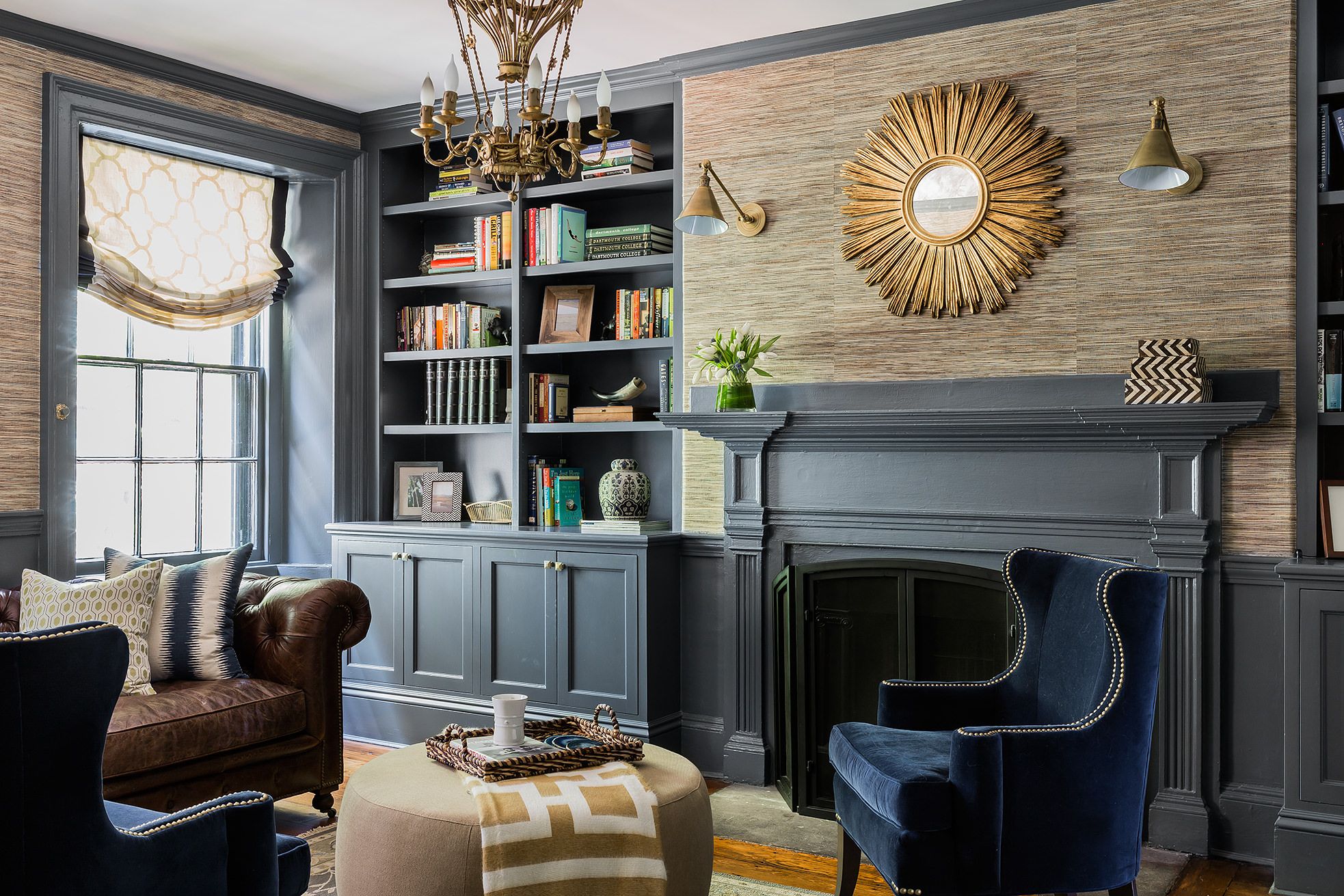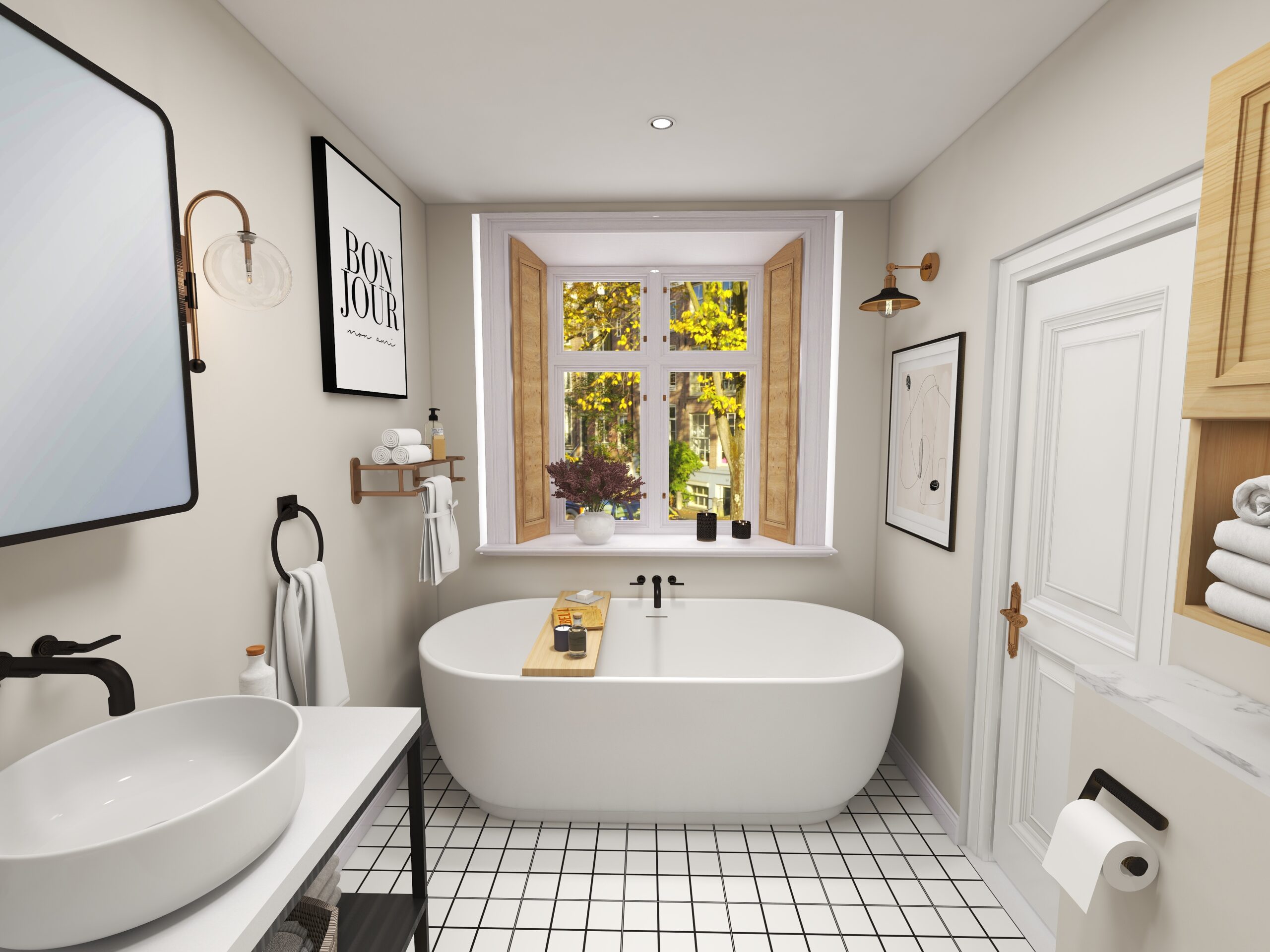Contents
In a world where sustainable, affordable, and durable housing is increasingly important, the small concrete house has emerged as an ideal solution. Whether you’re looking to build an eco-friendly home or seeking a resilient and low-maintenance option, small concrete homes are gaining popularity among modern homeowners. With their minimalist aesthetic and ability to withstand harsh weather, these homes blend practicality with innovative design.
Concrete houses offer many benefits, including superior insulation, durability, and lower maintenance costs. A small concrete house not only saves you money but also provides a cozy, energy-efficient space that lasts for generations. Let’s explore why these compact concrete homes are quickly becoming a top choice for those looking to build smart and live sustainably.
Why Choose a Small Concrete House?
1. Affordability and Cost-Efficiency
Building a small concrete house can be more affordable than traditional homes. Concrete is relatively inexpensive, and its durability reduces long-term repair costs. With careful planning, you can build a budget-friendly concrete home that fits your lifestyle without breaking the bank. Opting for a small prefabricated concrete house can further cut costs by streamlining the construction process.
2. Durability and Low Maintenance
Concrete is renowned for its strength and resilience. A durable concrete home can withstand extreme weather conditions, including hurricanes and wildfires. Unlike wood, concrete doesn’t rot, warp, or attract pests, making it a low-maintenance option. For homeowners looking for long-lasting construction, concrete is a smart choice that promises longevity.
3. Eco-Friendly and Sustainable Living
Concrete houses offer excellent insulation, which helps maintain a comfortable indoor temperature year-round. This energy efficiency translates to reduced utility bills and a smaller carbon footprint. Eco-friendly concrete homes are often built with sustainable materials, which further minimizes environmental impact. Additionally, modern concrete can incorporate recycled materials, making it a sustainable choice for conscious homeowners.
4. Modern and Minimalist Aesthetic
The sleek, minimalist design of a small concrete house appeals to those who appreciate contemporary architecture. Concrete’s versatility allows for a variety of finishes and textures, enabling homeowners to customize the look of their home. From polished concrete floors to unique wall finishes, you can create a stylish and personalized living space that reflects your taste.
Key Features of Small Concrete Homes
Compact Concrete House Design
Small concrete homes are designed with efficient use of space in mind. These houses are often built with open floor plans to create a spacious feel without needing excessive square footage. A single-story concrete house with an open layout can be ideal for small families or individuals seeking a comfortable and manageable space.
Energy-Efficient Concrete Home Insulation
Concrete’s thermal properties make it an excellent insulator. A small concrete house can retain heat in the winter and stay cool in the summer, reducing the need for excessive heating or cooling. For added insulation, some builders use insulated concrete forms (ICF), which increase the energy efficiency of the home even further.
Minimalist Concrete House Interiors
Inside, small concrete homes often feature minimalist and functional designs. The use of natural materials, neutral colors, and simple decor contributes to a calming and uncluttered atmosphere. Since concrete is moldable, you can integrate built-in shelving, seating, or countertops directly into the structure, creating a seamless look and maximizing usable space.
Sustainable Concrete House Building Materials
In addition to being energy-efficient, concrete homes are often built with sustainable materials, such as recycled aggregates. Some builders incorporate eco-friendly elements like green roofs or solar panels to further enhance the home’s sustainability. Using locally sourced materials can also reduce the overall environmental impact of construction.
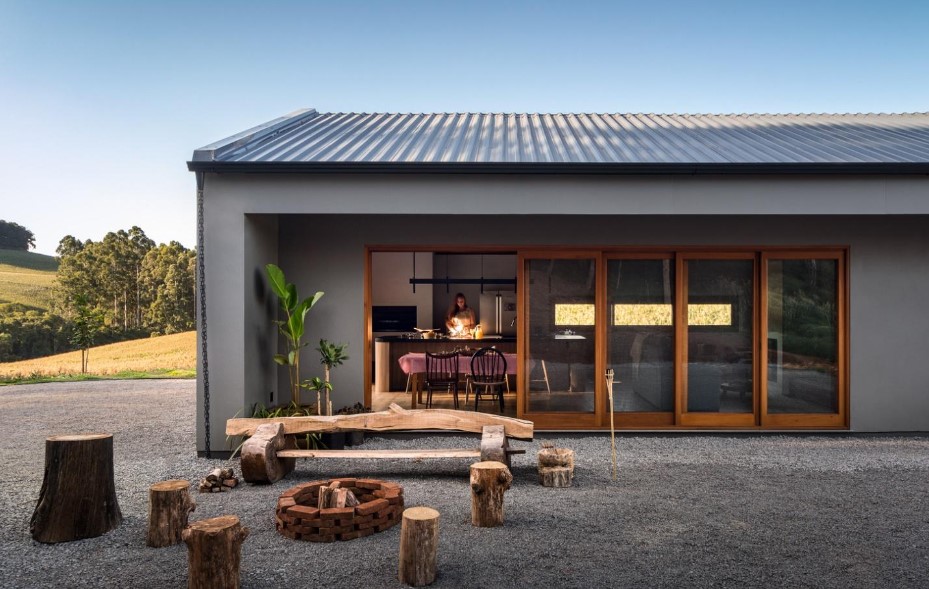
Popular Types of Small Concrete Houses
- Tiny Concrete Homes
Ideal for those embracing the tiny house movement, these compact homes maximize every inch of space. Tiny concrete homes are perfect for singles or couples seeking an affordable, low-impact lifestyle. They can be mobile or fixed, depending on your preferences and lifestyle. - Concrete Cottages and Cabins
For those wanting a cozy retreat, small concrete cottages or cabins offer a rustic charm while maintaining durability and sustainability. These homes are especially popular in rural areas where they can blend into the natural landscape. - Urban Concrete Houses
Small urban concrete houses are becoming more common in cities due to their space efficiency and modern appeal. These homes fit well in urban environments, providing a quiet, sturdy, and energy-efficient oasis amidst city life.
Building a Small Concrete House: Things to Consider
Budget and Planning
Before beginning your project, consider the overall cost, including materials, labor, and any additional features you want to include. Concrete is cost-effective, but costs can vary depending on design complexity and finishes. Concrete house plans tailored to small spaces are readily available and can help keep your project within budget.
Climate and Location
Concrete performs well in a variety of climates, but local conditions should inform your choice of finishes and insulation. In colder climates, additional insulation might be needed to maximize energy efficiency, while hot climates may benefit from concrete’s natural cooling properties.
Permits and Regulations
Like any construction project, building a concrete house requires proper permits and adherence to local building codes. Consult with professionals to ensure your plans comply with regulations, especially if you’re using unconventional materials or designs.
Frequently Asked Questions About Small Concrete Houses
Are small concrete houses more expensive than traditional homes?
While the upfront costs may be similar or slightly higher, concrete houses are often more cost-effective in the long run due to lower maintenance and energy bills.
Do concrete houses need insulation?
Yes, though concrete has natural insulating properties, additional insulation can improve energy efficiency, particularly in extreme climates.
How long does a concrete house last?
Concrete homes can last for decades, often outliving traditional wood-frame homes due to their durability and resistance to elements.
Are concrete houses eco-friendly?
Yes, especially when built with sustainable materials and efficient designs. They are energy-efficient and often incorporate recycled content, reducing environmental impact.
Can you customize the design of a small concrete house?
Absolutely. Concrete allows for a wide range of designs, finishes, and textures, making it easy to create a home that suits your style and preferences.
Conclusion
Small concrete houses offer a unique blend of affordability, durability, and sustainability that appeals to modern homeowners. Whether you’re looking to downsize, reduce your environmental footprint, or simply invest in a long-lasting home, a small concrete house is an excellent choice. With the right planning and design, you can create a cozy, efficient, and stylish living space that meets your needs and stands the test of time.
Investing in a small concrete home is not just a housing decision—it’s a commitment to a smarter, greener, and more resilient way of living. Consider this option if you’re ready to embrace a lifestyle that combines modern aesthetics with sustainable practices.
You May Also Read:
Money Tree Plant: Care, Benefits, and Tips for Thriving Growth

